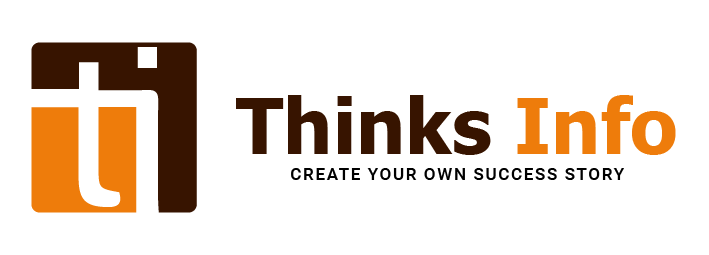The first year of a baby’s life is a period of rapid growth and development. Understanding and supporting these milestones can help ensure your baby is on the right track. This comprehensive guide covers the major milestones your baby will likely reach in their first year and provides tips for fostering their development.
0-3 Months: Early Development
Physical Milestones
- Head Control: Initially, babies have little control over their heads. By the end of three months, they should be able to lift their head and chest while lying on their stomach.
- Reflexes: Newborns have reflexes such as rooting (turning the head toward a touch on the cheek) and grasping (closing the hand around a finger).
- Hand Movements: Babies will start to open and close their hands and may bring them to their mouth.
Cognitive and Social Milestones
- Recognizing Faces: Babies will begin to recognize their parents and close family members.
- Smiling: Social smiles typically emerge around 6-8 weeks.
- Following Objects: Babies will start tracking moving objects with their eyes.
Tips for Parents
- Tummy Time: Place your baby on their tummy while they are awake to strengthen their neck and shoulder muscles.
- Talking and Singing: Engage with your baby by talking, singing, and making eye contact to promote bonding and social skills.
- Safe Environment: Ensure your baby’s sleeping area is safe, with a firm mattress and no loose bedding.
4-6 Months: Growing Curiosity
Physical Milestones
- Rolling Over: Babies will begin to roll from their tummy to their back and vice versa.
- Sitting: With support, babies can sit upright. By the end of six months, some may sit without assistance.
- Reaching and Grasping: Babies will start to reach for and grasp objects, transferring them from one hand to the other.
Cognitive and Social Milestones
- Babbling: Babies will start to make consonant sounds and may begin to babble.
- Responding to Names: They will start responding to their name and recognize familiar voices.
- Exploration: Increased curiosity leads babies to explore their surroundings more actively.
Tips for Parents
- Interactive Play: Encourage reaching and grasping by offering toys that are easy to hold and safe to mouth.
- Reading: Introduce simple books with bright pictures and read to your baby to stimulate their senses and language development.
- Solid Foods: At around six months, you can start introducing solid foods while continuing breastfeeding or formula feeding.
7-9 Months: Mobility and Exploration
Physical Milestones
- Crawling: Many babies begin crawling during this period. Some may also scoot or roll to move around.
- Standing with Support: Babies will start pulling themselves up to stand using furniture for support.
- Pincer Grasp: The ability to pick up small objects using thumb and forefinger develops.
Cognitive and Social Milestones
- Object Permanence: Babies learn that objects continue to exist even when out of sight.
- Stranger Anxiety: Awareness of strangers increases, and babies may show preference for familiar people.
- Imitating Sounds: Babies will mimic sounds and gestures they observe.
Tips for Parents
- Baby-Proofing: Ensure your home is safe for an increasingly mobile baby by securing furniture, covering electrical outlets, and removing small choking hazards.
- Encouraging Movement: Provide safe spaces for your baby to practice crawling and standing.
- Social Interaction: Continue engaging in interactive play and introduce simple games like peek-a-boo to reinforce object permanence and social skills.
10-12 Months: Approaching Toddlerhood
Physical Milestones
- Walking with Assistance: Many babies will start to walk with the help of holding onto furniture or your hands.
- Climbing: Babies may begin to climb onto low furniture.
- Feeding Themselves: Improved hand-eye coordination allows babies to feed themselves finger foods.
Cognitive and Social Milestones
- First Words: Babies may start to say simple words like “mama” or “dada.”
- Pointing: They will use gestures such as pointing to communicate needs and interests.
- Problem Solving: Increased ability to find hidden objects and understand simple instructions.
Tips for Parents
- Support Walking: Encourage walking by providing push toys or holding their hands as they take steps.
- Language Development: Talk to your baby frequently, name objects, and read to them to build their vocabulary.
- Safety: Maintain a safe environment for an increasingly adventurous baby, ensuring they are supervised at all times.
The first year of a baby’s life is filled with remarkable milestones. By understanding these milestones and providing a supportive environment, parents can help their babies reach their full potential. Celebrate each achievement and enjoy the journey of your baby’s growth and development.




